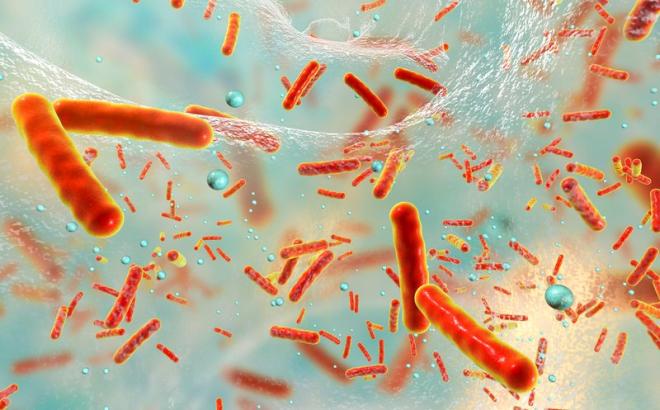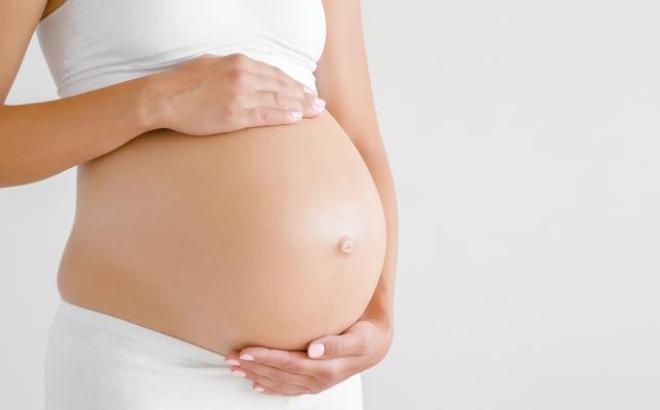Uncertainty as an opportunity
A study at the Karl Landsteiner Private University for Health Sciences (KL) investigated the theoretical significance of self-organisation for illness-related uncertainty in the course of chronic illness.
The findings of the work from the Department of Nursing Science provide so far unique and theory-based evidence for future nursing intervention development to promote self-management of people with a chronic illness.

Chronic diseases run through all age groups in Austria. Even every third person in the age group of 18 to 29 years has a chronic health problem, shows the current evaluation of the Austrian Health Report 2022 with a sample size of 1500 persons. The representative study on health well-being, impact of the pandemic, access to the health system and trust in medicines was recently published. About 4 out of 10 respondents have a chronic health problem/permanent illness. One third of the chronically ill respondents visit a hospital at least once a month. Health and care workers are thus not only confronted with health or illness-related questions and challenges, but also increasingly with the phenomenon of illness-related uncertainty and the associated uncertainties and fears of patients. A topic that will therefore be of greater importance for nursing practice and research with the increase in chronic diseases.
Empirical evidence shows that one of the most frequent psychosocial symptoms in people with a chronic illness is illness-related uncertainty. This represents a significant stress factor and in turn has a negative impact on various health endpoints such as psychological adjustment, quality of life and self-management in relation to dealing with the disease. How the subjective meaning of uncertainty for those affected changes over time into an opportunity, which cognitive reinterpretations take place and how these are significant for the patients, but also for health and nursing care, has now been published in a paper by Jasmin Eppel-Meichlinger, research assistant at the Department of General Health Sciences at Karl Landsteiner Private University, Department of Nursing Science with a focus on Person-Centred Care Research, together with colleagues.
Accordingly, professional nursing has a decisive role to play, as several empirical studies have shown that it can have a positive influence on this through the provision of information, counselling and the shaping of relationships, Jasmin Eppel-Meichlinger describes: "A preliminary work in nursing theory has already described the change in this subjective meaning over time in people with a chronic illness. To explain this process, the theoretical concept of self-organisation of chaos theory was once used. However, the concrete meaning of self-organisation for the context of illness-related uncertainty, i.e. by what it is characterised and influenced, did not clearly emerge from the theoretical groundwork so far, as the concept is vaguely formulated and therefore less useful for practice and research."
In the context of the dissertation project, a conceptual analysis was therefore conducted to clarify and specify the theoretical concept of self-organisation in the context of illness-related uncertainty in people with a chronic illness. "The findings of the published work provide theoretical foundations and thus essential indications for future nursing intervention development to promote patients' self-management.
According to Jasmin Eppel-Meichlinger, self-organisation stands for a transition between psychological instability and psychological adaptation. It is conditioned by disease-related obstacles and uncertainties that are perceived as potentially life-threatening. "This adjustment process has overlaps with cognitive reinterpretation and is facilitated by time, resilience, social support and positive illness developments. When these factors are present, this adjustment very often leads to empowerment and a new perspective on life and illness-related uncertainty."
In a next step, the evaluation of a qualitative longitudinal study is now planned, which ran over a year and should contribute to a deeper understanding of the development of disease-related uncertainty in the chronic course. This should provide important insights for the development of an empirically testable theory, which should provide basic information for caregivers in practice and research.The publication has been made freely available under KL's open access agreement with the publisher Wiley.




